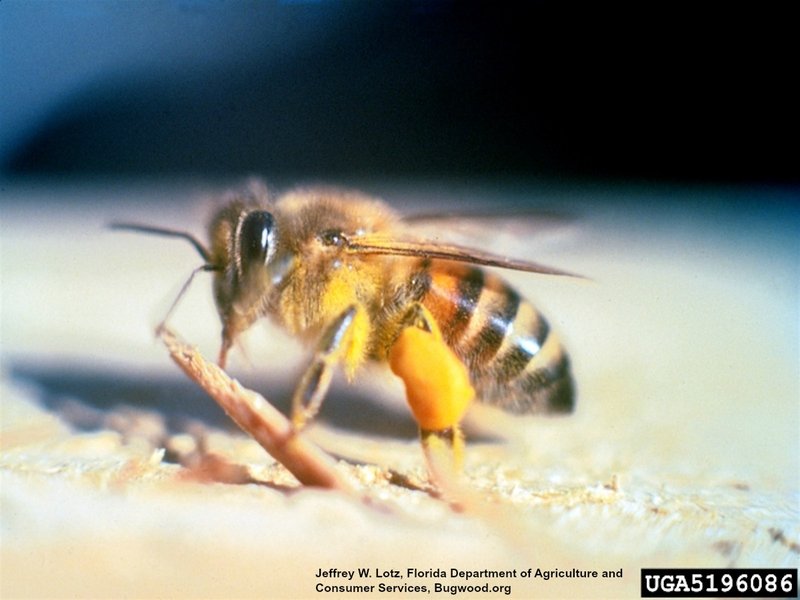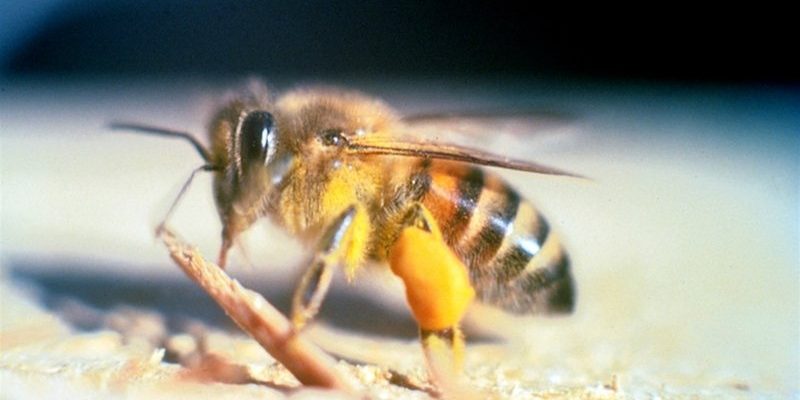
Think of these bees as the spicy version of regular honey bees. Just like some hot peppers can pack a serious punch compared to milder varieties, Africanized bees are known for their heightened aggression. This doesn’t mean they’re out to get you specifically, but their protective instincts can make them a challenge if you happen to disturb their hive. Let me break this down further.
Understanding why Africanized bees behave the way they do is crucial for anyone interested in backyard beekeeping or simply wanting to avoid conflict with these buzzing insects.
What Are Africanized Honey Bees?
Africanized honey bees are a hybrid of the Western honey bee and a subspecies from Africa. They were introduced to Brazil in the 1950s and have since spread throughout the Americas. These bees were initially brought to increase honey production, but they crossed with local bees, creating a more aggressive strain.
These bees have a reputation for being ferocious defenders of their hives. They can swarm more readily than regular honey bees, and their swarming behavior is typically triggered by minor disturbances. It’s essential to remember, though, that not all Africanized bees are dangerous; their aggression often comes from a need to protect their home.
You might be wondering how to differentiate Africanized bees from their calmer cousins. Visually, they’re pretty similar. The key differences lie in their behavior and overall temperament. Africanized bees tend to be smaller and have slightly larger eyes compared to standard honey bees.
Understanding Their Aggression
Here’s the thing about Africanized bees: their aggression isn’t just a random trait. They exhibit behaviors that make them more defensive. When their hive is threatened, they can pursue intruders much farther than other bee species, often up to a quarter of a mile.
This heightened aggression can be traced back to their survival instincts. In the wild, bees face many threats from predators, and being overly aggressive helps protect their hive. For humans, this means if you accidentally stumble upon a hive, the results can be pretty alarming.
An example that illustrates this occurred in California back in the 1980s when Africanized bees started to spread. Reports of aggressive swarming incidents increased, leading many people to take extra precautions when near areas where bees might be present. It’s not just about one bee, but the hive’s collective effort to fend off threats.
Stinging Potential: How Dangerous Are They?
Now, let’s talk about stings. Africanized bees have a venom that’s similar to that of regular honey bees, but it’s their numbers that make them particularly dangerous. A typical honey bee can sting once and then dies, but Africanized bees can sting repeatedly, which can lead to multiple stings during a single encounter.
Most people only experience mild reactions to bee stings—swelling and pain—but some can have severe allergic reactions. For someone allergic to bee venom, a swarm of Africanized bees can pose a serious risk. An average human can withstand a certain number of stings, but a swarm can easily exceed that number, leading to more severe reactions.
If you find yourself in a situation with aggressive bees, understanding how to react is vital. Running away might seem like a good idea, but it can trigger their chase instinct. Instead, finding shelter and remaining calm is your best bet.
Safety Tips for Dealing with Killer Bees
If you’re in an area where Africanized bees are common, it’s smart to know how to stay safe. Here are some practical tips:
- Stay Calm: Avoid flailing your arms or running. This can provoke the bees.
- Avoid Bright Colors: Bees are attracted to bright clothing. Stick to neutral tones.
- Keep Food Covered: If you’re outside eating, make sure your food is covered to avoid attracting them.
- Be Cautious near Flowers: Bees are often found near flowering plants, so proceed with caution in those areas.
If you encounter a hive, it’s best to just leave it alone. If their nest is near your home, consider calling a pest control expert experienced with bee removal.
Beekeeping: A Balanced Approach
For those interested in beekeeping, Africanized bees can bring challenges but also opportunities for learning. Understanding their behavior is crucial. If you’re starting out, consider beginning with regular honey bees, which tend to be less aggressive and more manageable.
If you ever decide to venture into Africanized beekeeping, educating yourself about their needs and behaviors can make all the difference. Many beekeepers opt to keep a blend of bee types, allowing for a more balanced approach. Just make sure to prioritize safety, both for yourself and the bees.
So, are killer bees dangerous? The answer is nuanced. While Africanized honey bees can be aggressive and pose risks, they’re not mindless threats. They’re simply acting on instinct, just like we would to protect our home or loved ones.
Understanding their behavior and knowing how to react can help you stay safe. Whether you’re an outdoor enthusiast, a curious bee lover, or an aspiring beekeeper, being informed is your best advantage. Approach these fascinating insects with respect and caution, and you’ll be better prepared to coexist with them in the world around you.

